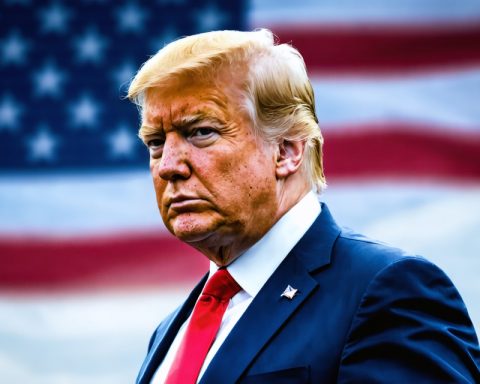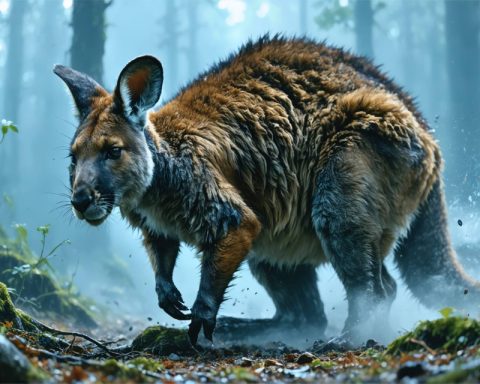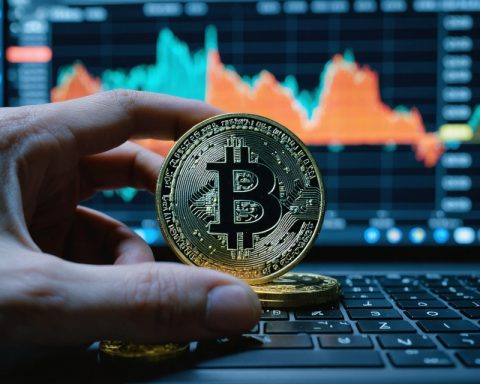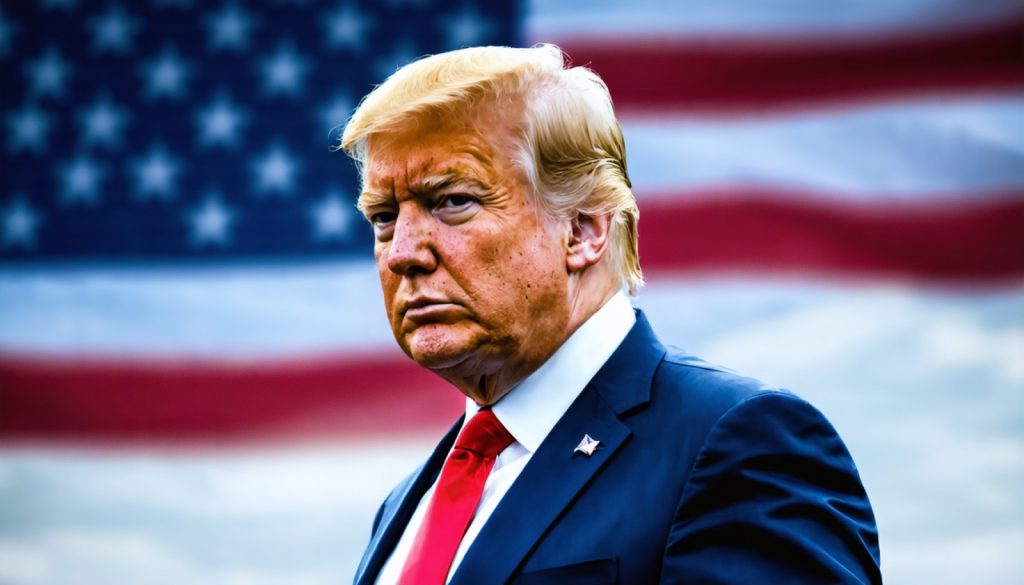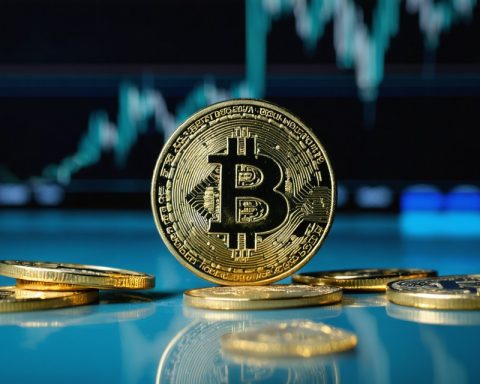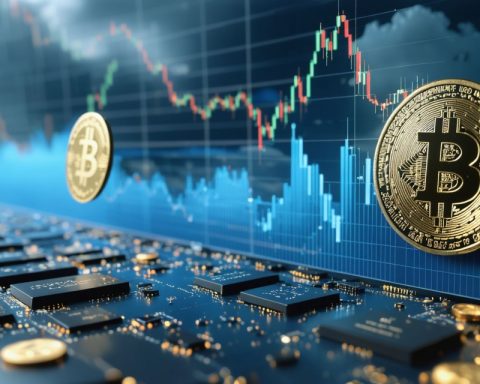President Trump has initiated the United States Strategic Bitcoin Reserve and Digital Asset Stockpile through an executive order. This bold move aims to transform seized cryptocurrency into strategic assets without burdening taxpayers. The crypto market experienced immediate volatility, with Bitcoin’s value dropping 5% from $90,000 to under $85,000. Speculation rises over increased U.S. Bitcoin acquisitions and government influence in crypto
